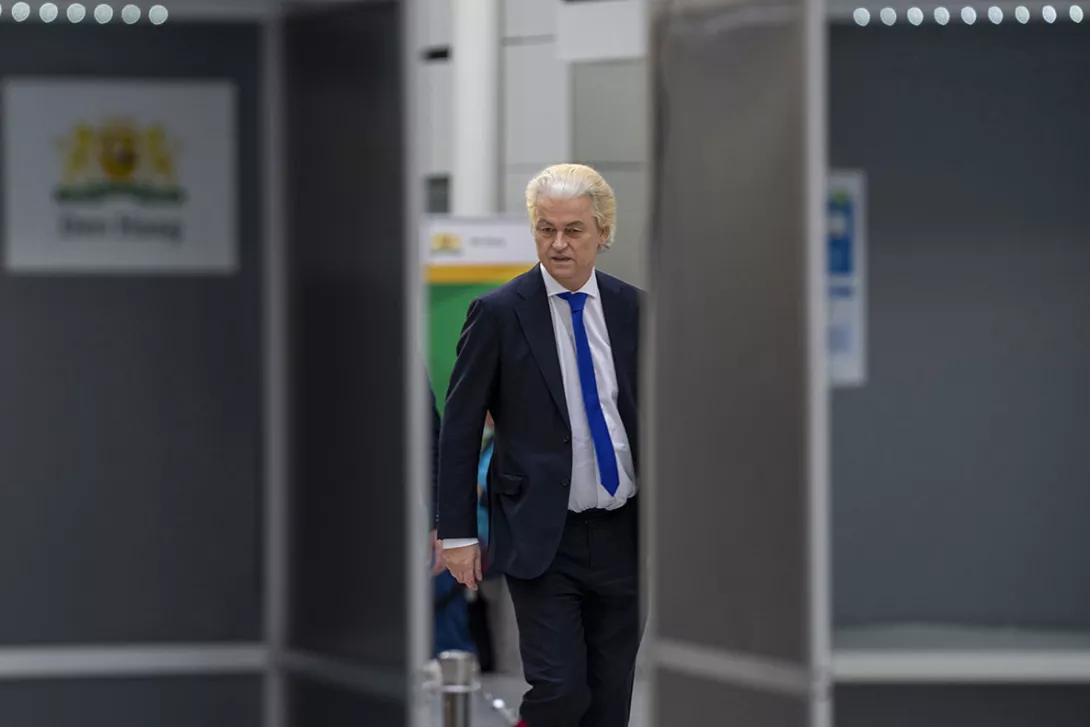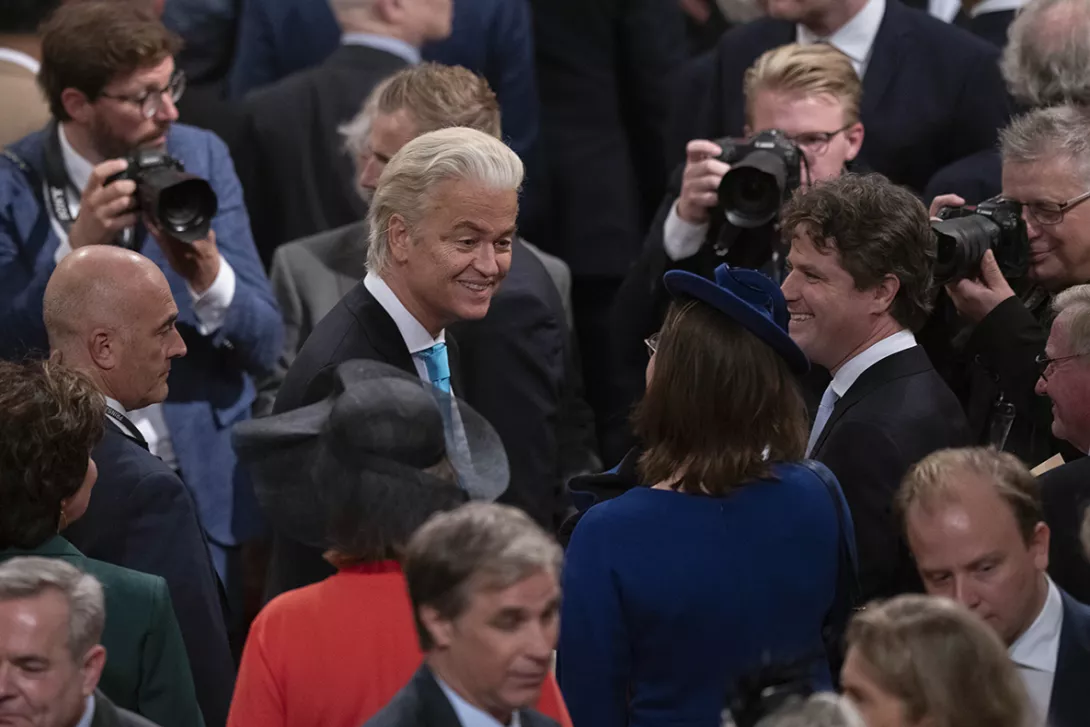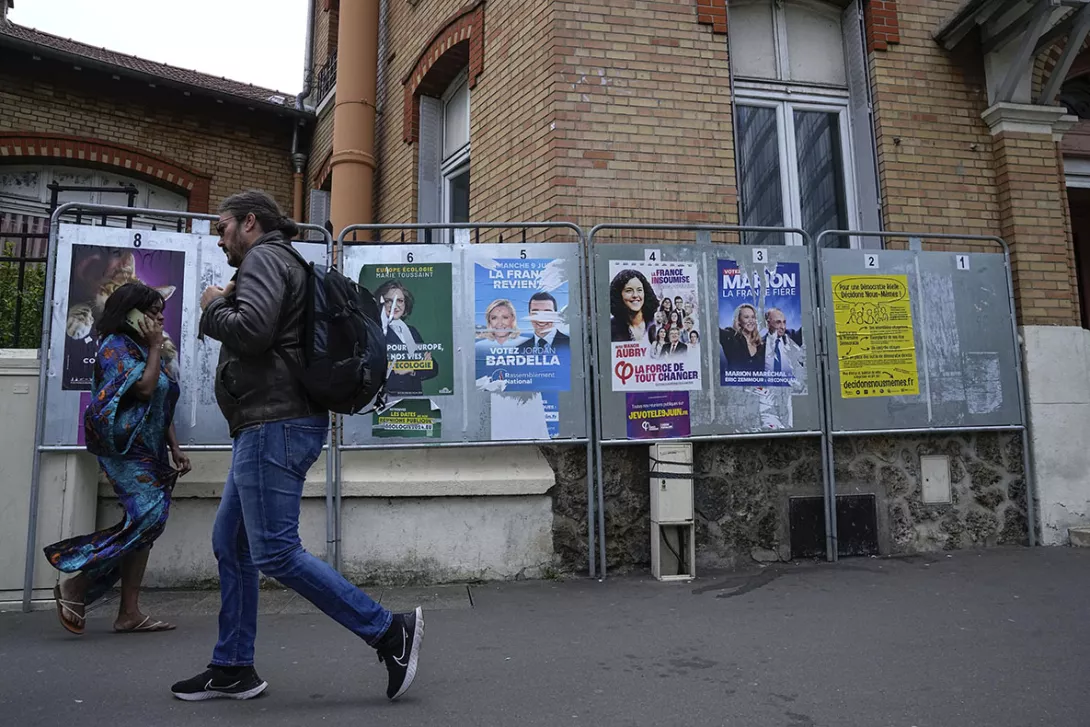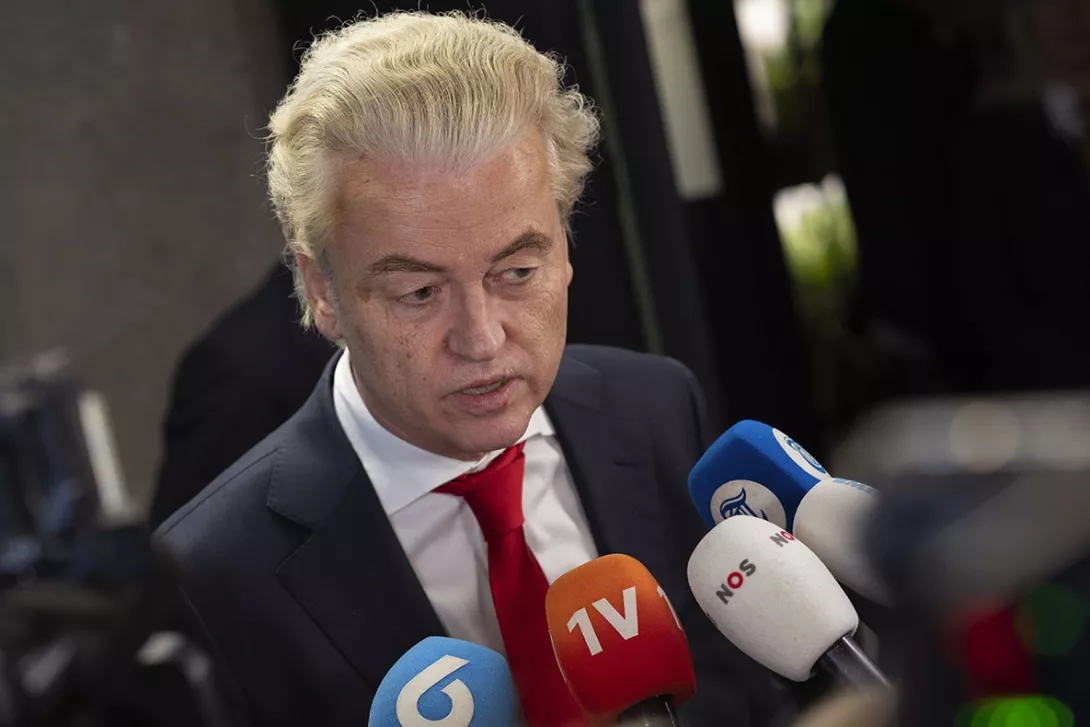EU parliament elections begin in Netherlands as polls predict far-right gains

ELECTIONS for the European Parliament began in the Netherlands today in a poll expected to see gains for the far-right.
Voting will continue for the second day today in the four-day elections, with Ireland and the Czech Republic opening polls.
Other EU states will vote over the weekend.
More from this author
Similar stories
















